Over the last decade, McDonald’s has significantly increased its menu prices, surpassing the rate of US inflation by more than three times.
This information comes from a research report that highlights the notable rise in costs for consumers seeking fast food options. Customers have expressed their dissatisfaction with the high prices, including an $18 Big Mac meal in Connecticut, showcasing a dramatic shift from previous pricing standards.
The Surging Cost of a Classic Meal
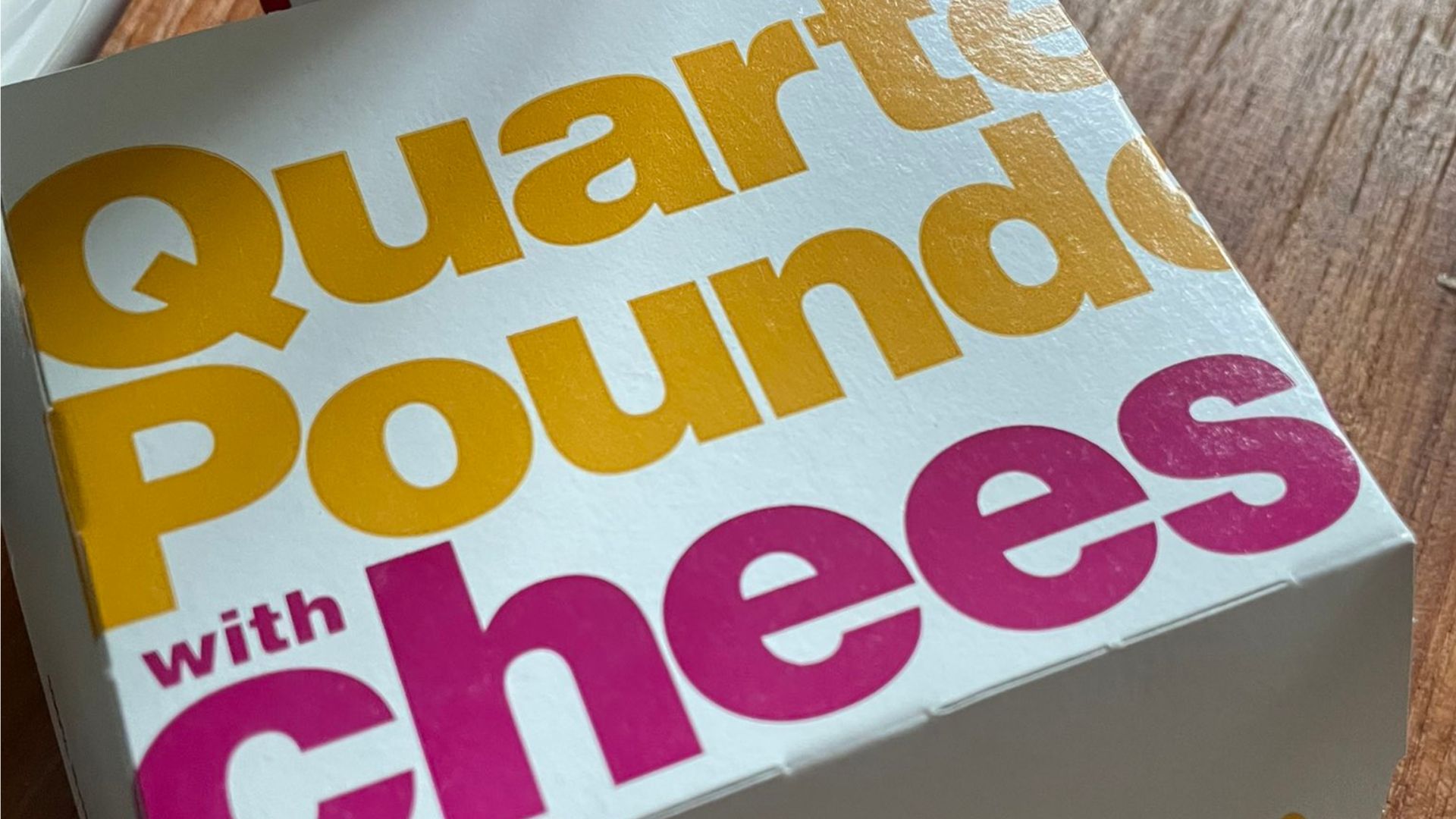
A standout example of the price surge is the Quarter Pounder with Cheese meal, which now costs $11.99, a steep increase from the $5.39 it was priced at in 2014.
This example illustrates the broader trend of rising costs across the menu, according to a study conducted by FinanceBuzz. The study highlights the nationwide average prices, illustrating the inflation in the cost of dining at McDonald’s.
The Evolution of the McDouble’s Price
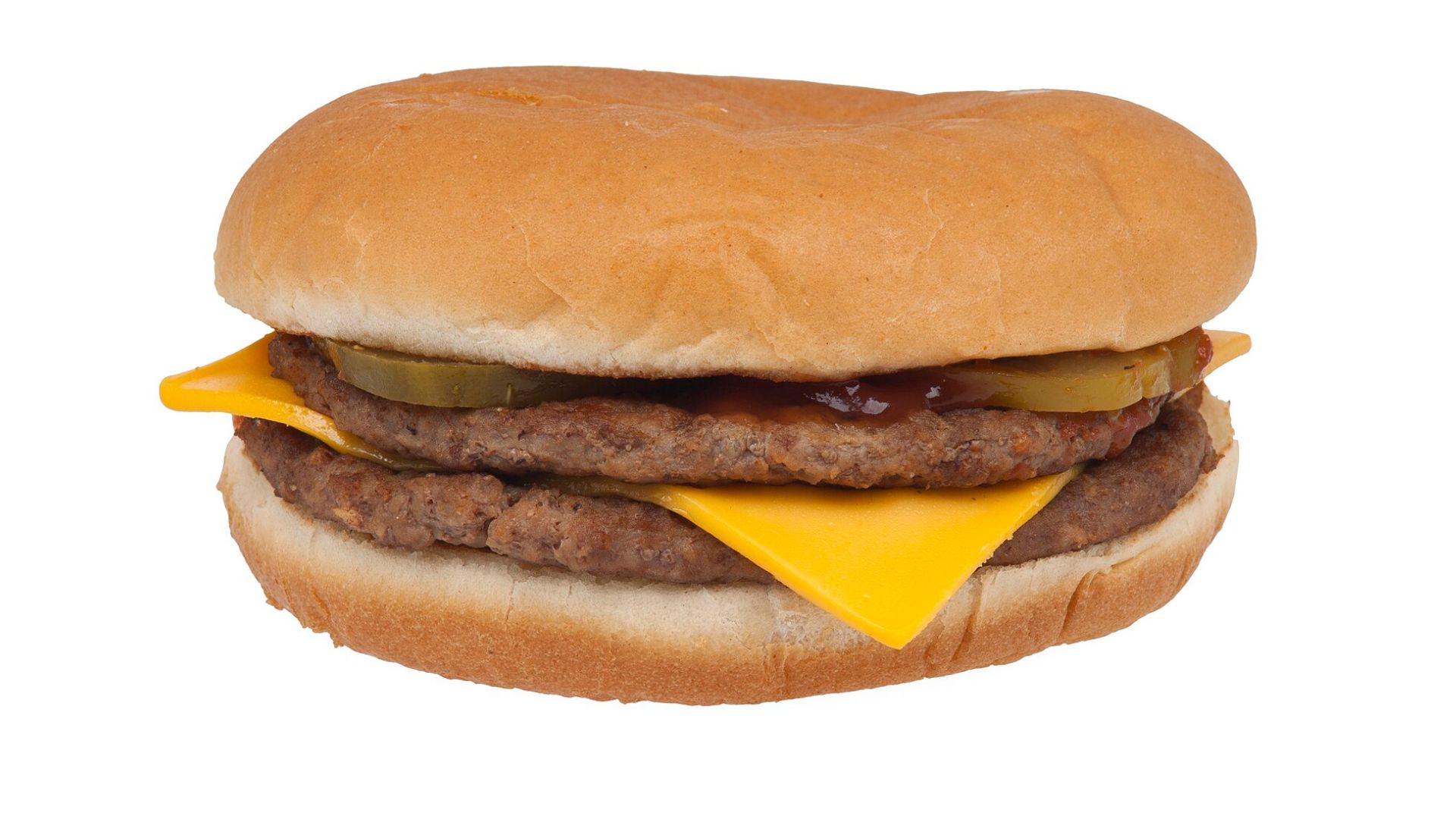
Another significant price jump is seen with the McDouble sandwich. Previously priced at an average of $1.19 in 2014, it now costs $3.19.
This nearly threefold increase in price is indicative of the broader trend affecting the entire menu, including sides like medium fries, which have risen from $1.59 to $3.79 in the same timeframe.
Big Mac Price Increase
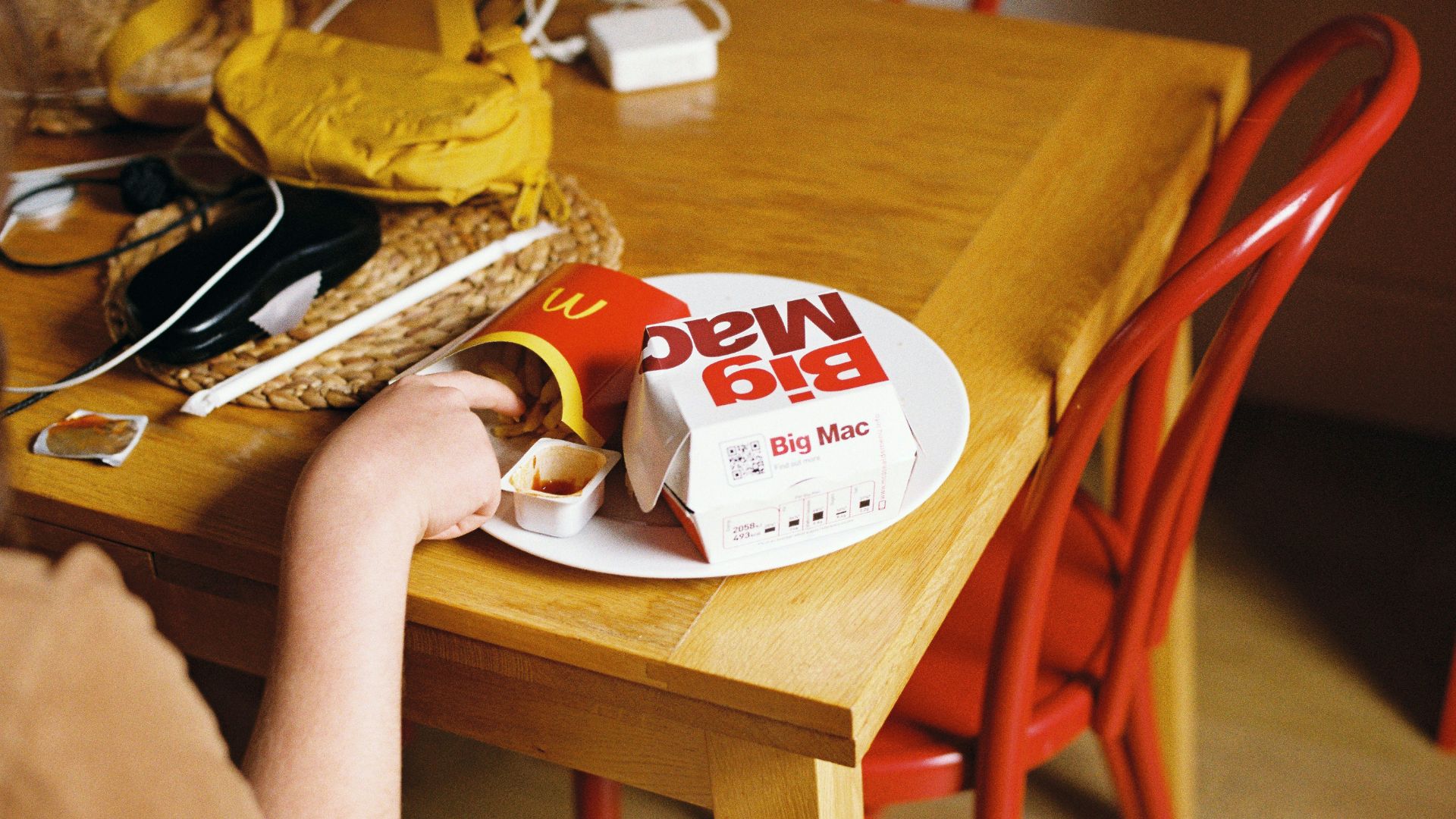
The price of the iconic Big Mac has also seen a notable increase, rising by 50% over the last decade. The average price of a Big Mac has escalated from $3.99 in 2014 to $5.99 today.
This statistic is a part of the analysis conducted by FinanceBuzz, which examined the pricing trends of McDonald’s and other restaurants over the last ten years.
Comparative Analysis of Restaurant Price Hikes
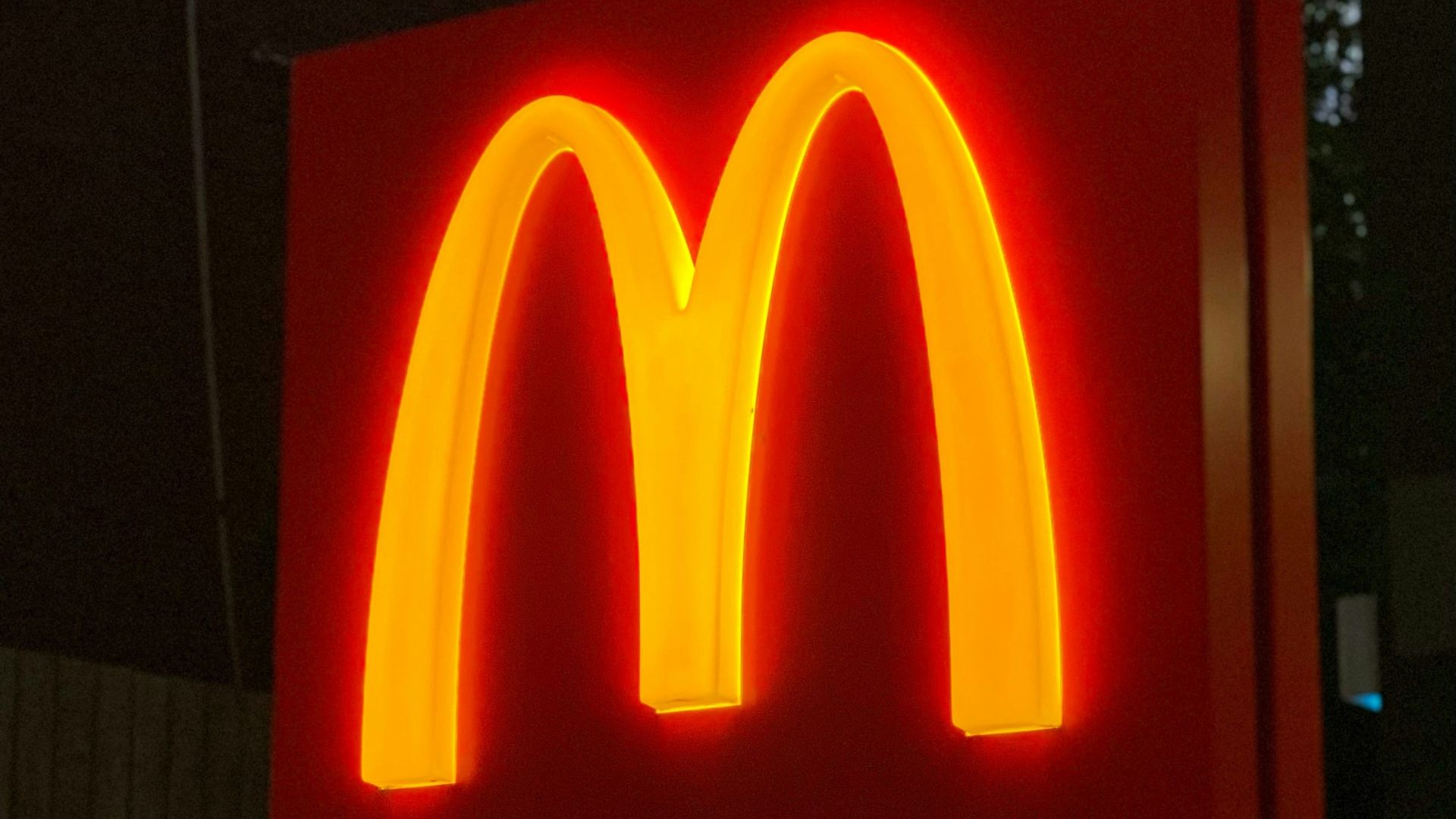
FinanceBuzz’s analysis found that McDonald’s was one of 13 restaurants that have significantly raised their menu prices in the last decade, with an average increase of 60% between 2014 and 2024.
This rate is nearly double the cumulative national rate of inflation, which stands at 31% over the same period.
Competitors’ Price Increases
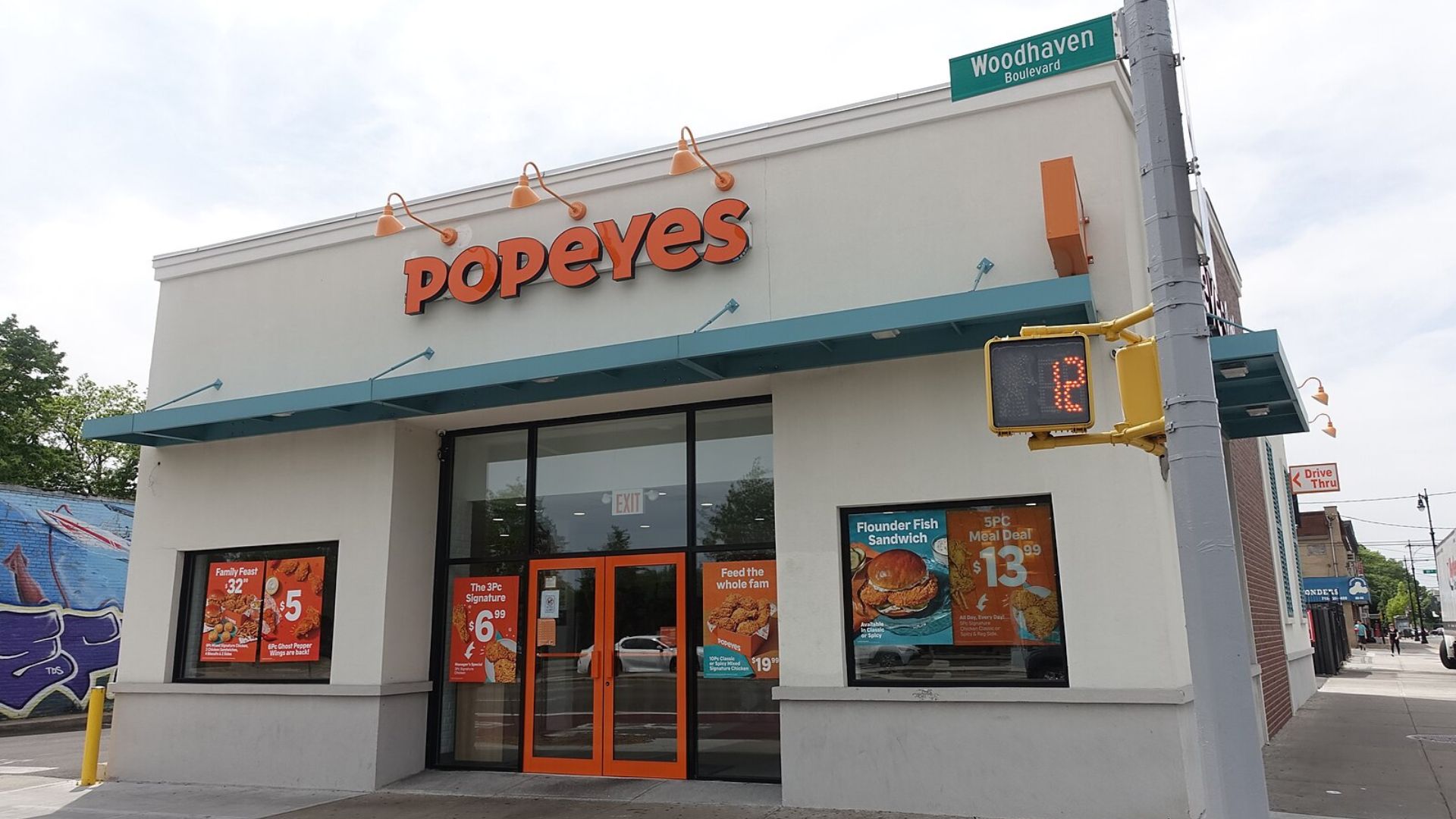
The study further found that aside from McDonald’s, other fast-food chains like Popeyes, Taco Bell, Chipotle, and Jimmy John’s have raised their menu prices at more than double the rate of actual inflation.
This comparison provides a broader view of the pricing trends within the fast-food industry.
Subway and Starbucks Maintain Relative Stability
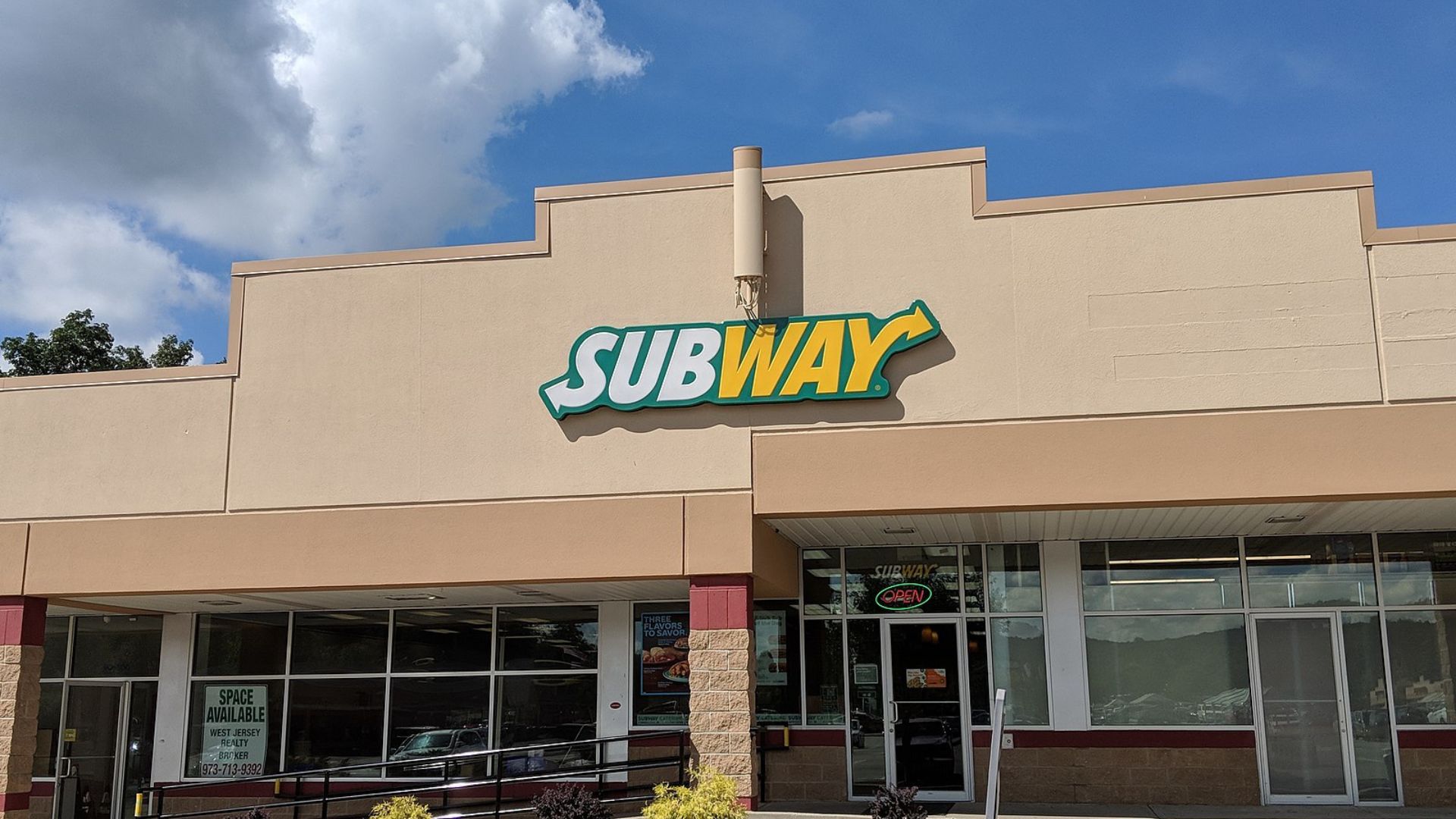
In contrast to the steep increases observed at McDonald’s and other fast-food chains, Subway and Starbucks have managed to keep their price hikes relatively in line with inflation.
The average cost of their menu items has risen by 39%, a rate that is more aligned with the overall inflation trends.
The Rising Cost of McNuggets and McFlurries
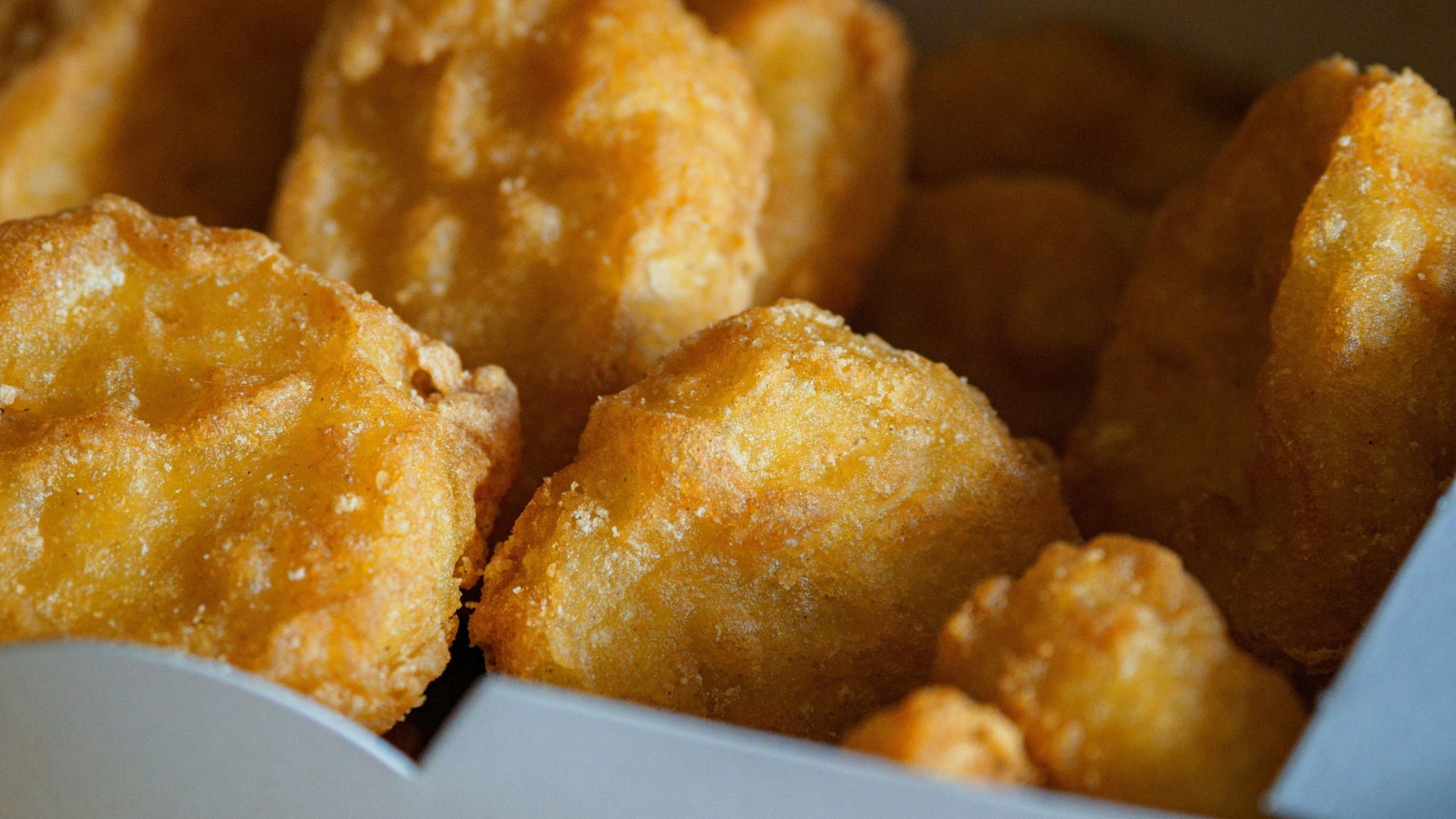
The price of a 10-piece McNugget meal has increased by 83%, moving from $5.99 to $10.99. Similarly, the cost of an Oreo McFlurry has nearly doubled, going from $2.39 in 2014 to $4.49 today.
These examples further illustrate the significant price hikes that have occurred over the past decade.
Methodology Behind the Data
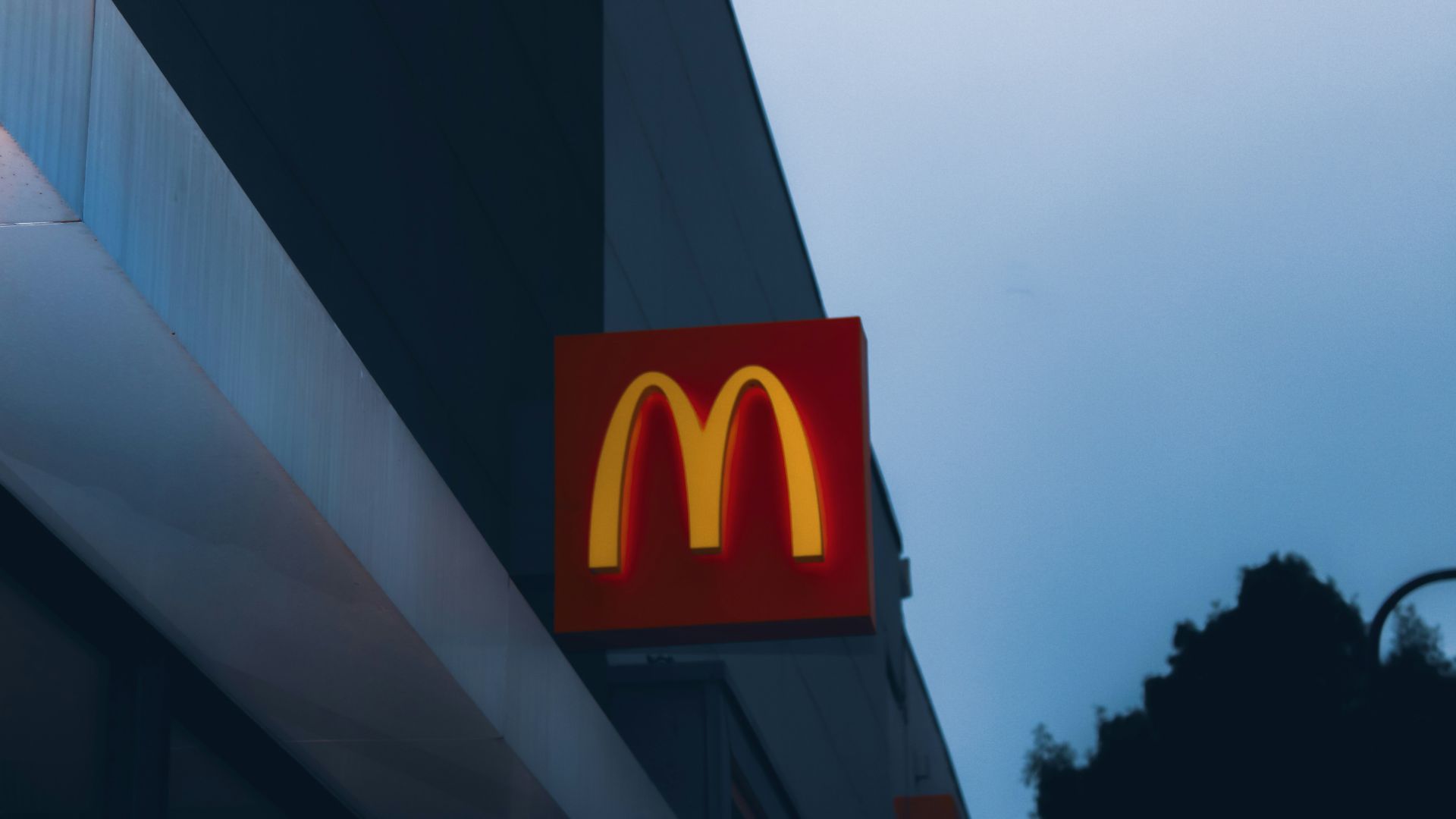
FinanceBuzz’s study used data sourced from websites like ItsYummi.com, FastFoodMenuPrices.com, and MenuWithPrice.com.
The research team collected prices for 10 menu items from each restaurant for the years 2014, 2019, and 2024, cross-referencing this data with each restaurant’s official website to ensure accuracy.
Challenges in Data Collection
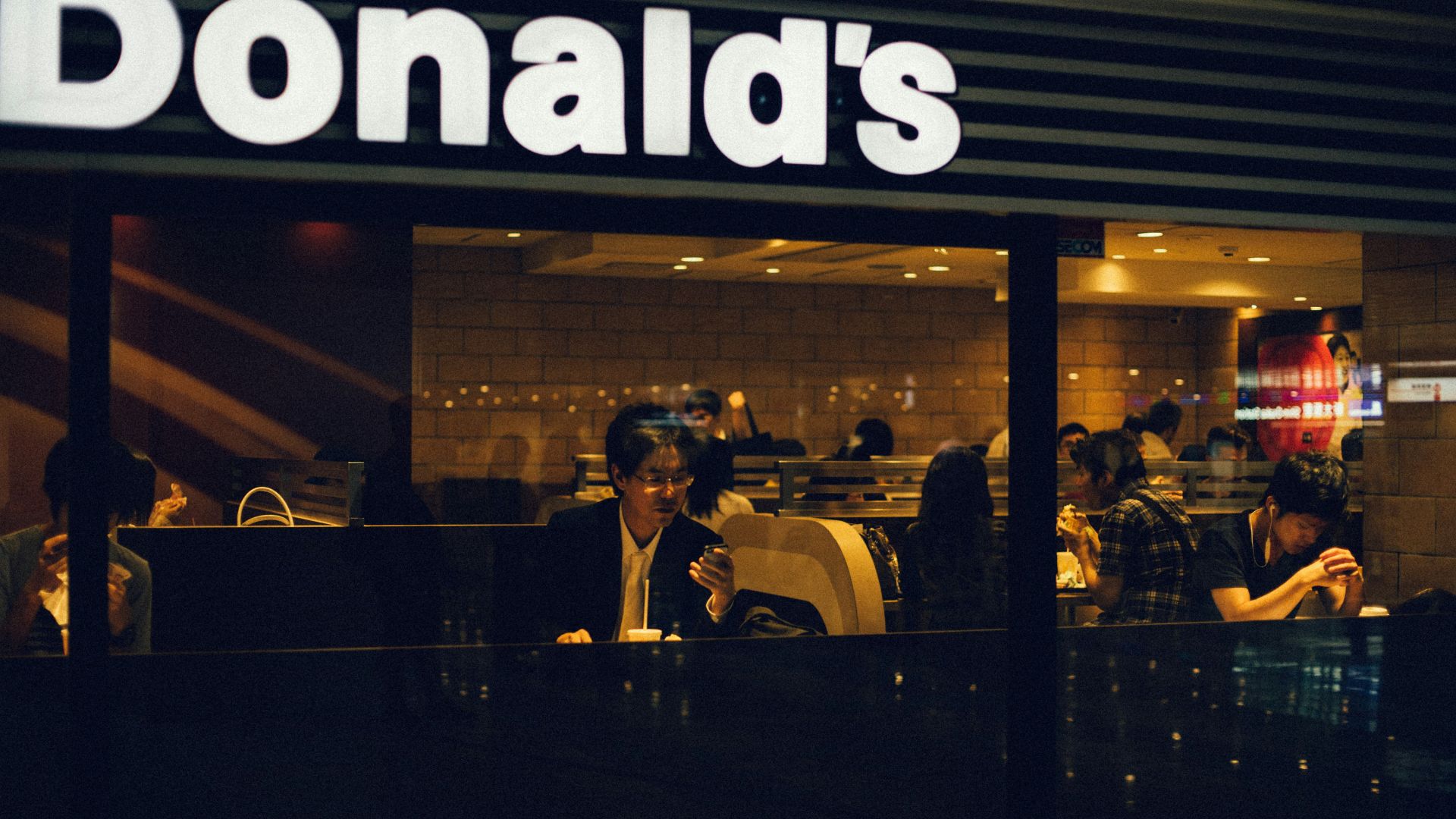
Collecting historical data posed challenges due to the autonomy McDonald’s franchisees have in setting menu prices for individual locations.
FinanceBuzz acknowledged these difficulties and made adjustments to their data to create a reasonable representation of national pricing trends over time for the chain.
McDonald’s CEO Addresses Price Increases

In recent weeks, McDonald’s CEO Chris Kempczinski has admitted that the fast-food chain’s menu is becoming increasingly out of reach for Americans struggling with high levels of inflation.
He stated that inflation would compel the fast-food chain to raise menu prices, acknowledging the financial pressures facing consumers.
The Impact of Minimum Wage Increases
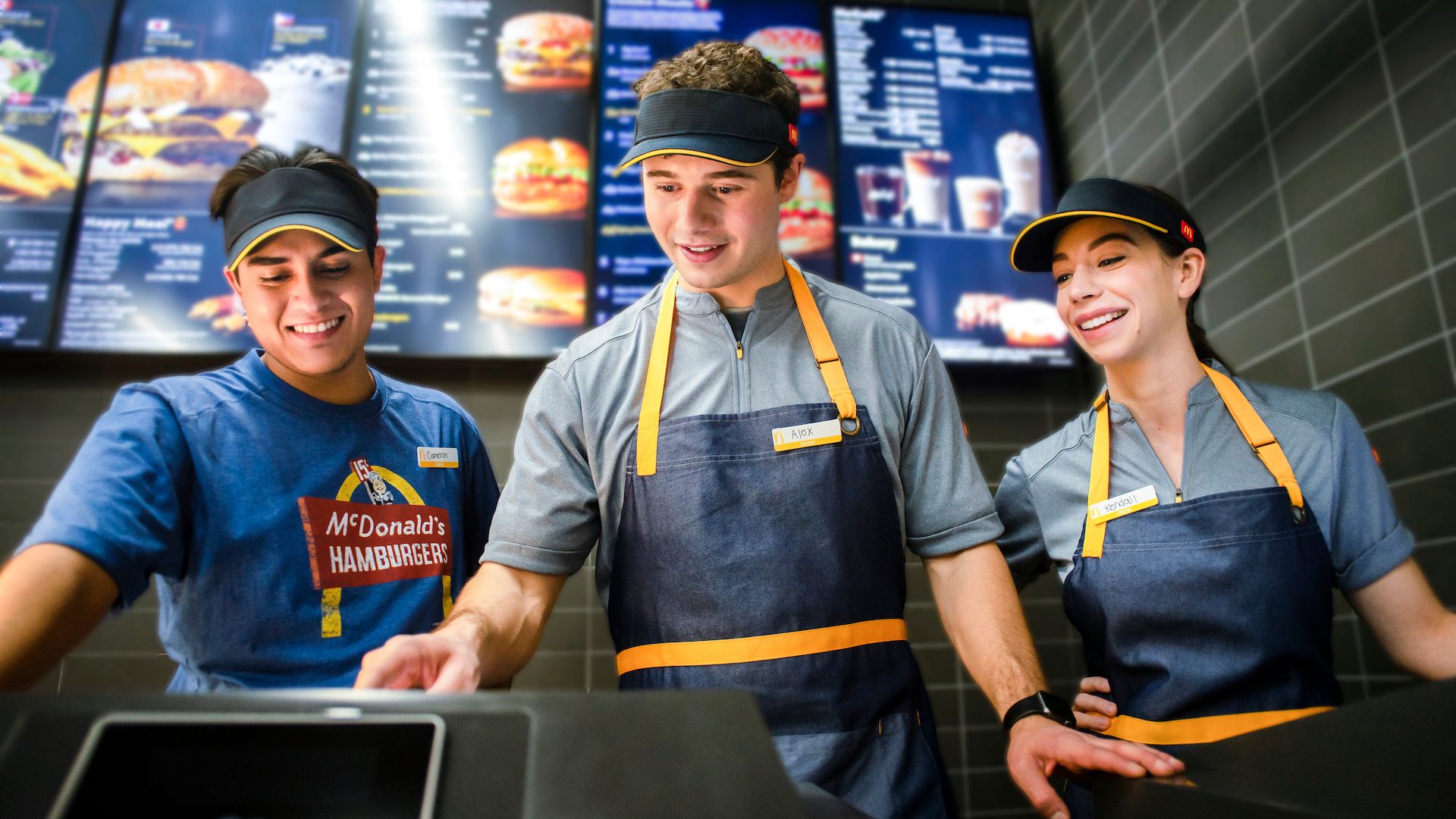
In California, the introduction of a new minimum wage law, which raises hourly pay for fast-food workers to $20 an hour, is cited by some McDonald’s franchisees as a reason for further hikes in menu prices.
This law, signed by Gov. Gavin Newsom, adds another layer to the discussion on the rising costs of fast food and its implications for both consumers and businesses.
